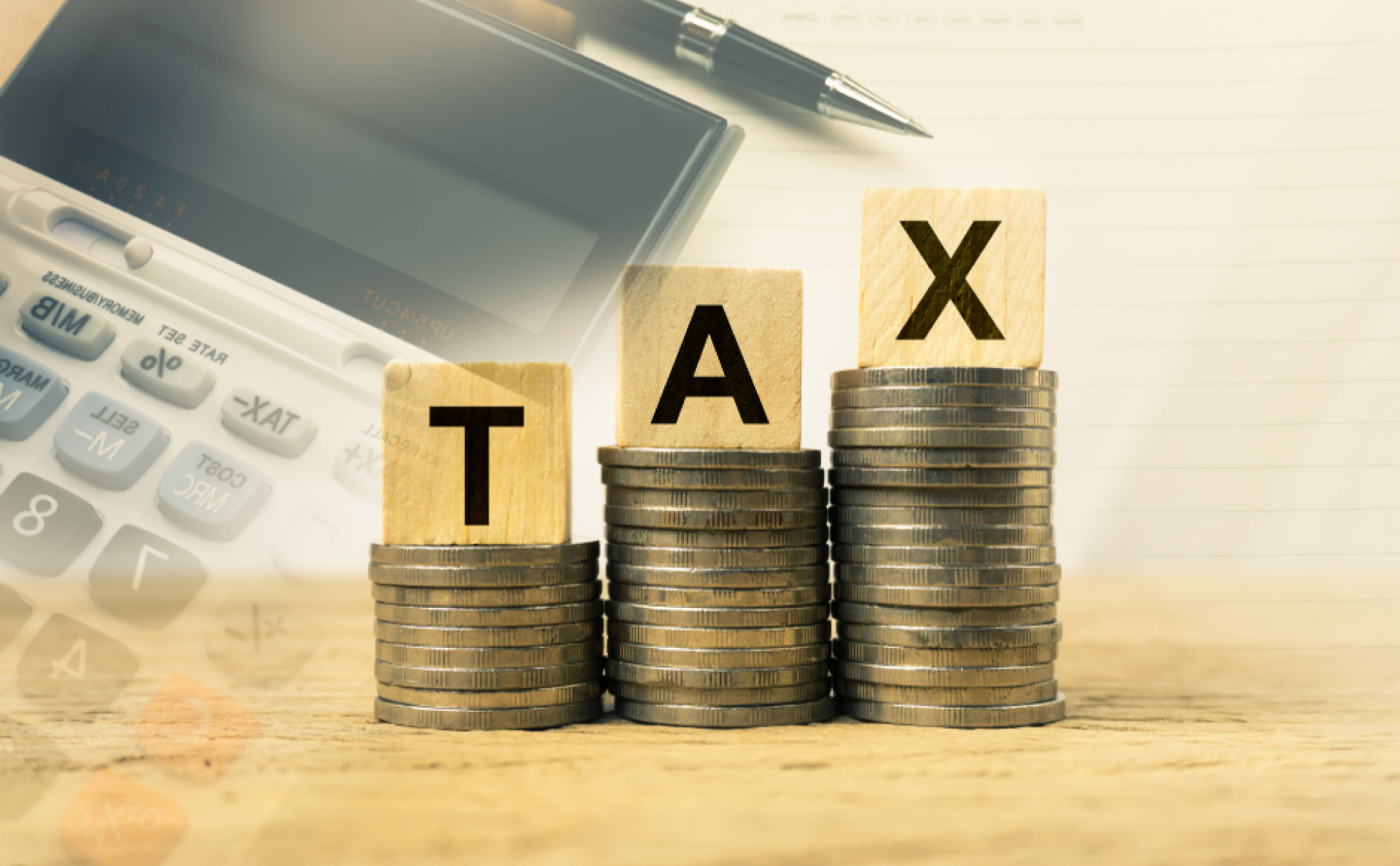The Federal Board of Revenue (FBR) has revealed that the International Monetary Fund (IMF) has conditioned the abolition of the four percent further sales tax on supplies to unregistered persons with the registration of at least 50,000 new sales tax filers. This development emerged during a Senate Standing Committee on Finance meeting held on Thursday, where Dr. Hamid Ateeq Sarwar, Member Inland Revenue (Operations) of the FBR, shared detailed insights into the matter.
The further sales tax — currently imposed at a rate of 4% — applies to supplies made to businesses or individuals who are not registered under the Sales Tax Act. This measure aims to discourage economic activity outside the tax net and incentivize registration within the formal tax system. Dr. Sarwar confirmed that the FBR had proposed eliminating the additional tax in the 2025-26 federal budget, but the IMF intervened, tying any such relief to a tangible increase in the number of registered taxpayers.
“When we presented the proposal to abolish the four percent further sales tax, the IMF responded that this could only be done once 50,000 additional persons are brought into the sales tax registration net,” he told the Senate committee.
In the Finance Act of 2023, the government increased the further tax rate from 3% to 4% through amendments to sub-section (1A) of Section 3 of the Sales Tax Act. The aim of this hike was to curb the practice of avoiding sales tax registration. Businesses that supply taxable goods to entities not registered for sales tax are required to pay this elevated tax rate, thereby making non-compliance more expensive.
According to Dr. Sarwar, the idea behind retaining the further sales tax is to pressure unregistered entities to come within the tax regime. Those who continue to operate outside it must bear the burden of an increased tax rate.
This policy is critical because the gap between potential and actual taxpayers remains significant. The FBR official revealed startling statistics: out of 200,000 registered sales taxpayers, only 60,000 actually file and pay sales tax. Furthermore, only 30,000 manufacturers contribute effectively to the sales tax revenue.
The broader picture of Pakistan’s tax compliance is even more concerning. Dr. Sarwar noted that there are 380,000 industrial electricity consumers and over 5 million commercial electricity connections, yet only a fraction of these are registered for sales tax or actively contribute to the tax net.
This disparity underlines the importance of integrating utility data with tax records and enforcing compliance using digital and legal mechanisms. The IMF’s condition for increasing the number of active sales tax filers before granting any tax relief seems to reflect a broader strategy to ensure sustainable revenue generation.
In addition to taxation issues, the FBR Member also briefed the Senate committee on the department’s cybersecurity performance. Dr. Sarwar disclosed that Pakistan successfully averted 1,684 cyber attacks originating from India, including several targeting the FBR itself.
Despite these attempted intrusions, he confirmed that no taxpayer data was compromised, highlighting the effectiveness of recently implemented security protocols. Given the increasing digitization of tax systems and citizen data, maintaining cybersecurity is essential for sustaining public trust and compliance.
The condition set by the IMF not only delays the abolition of the further sales tax but also places additional pressure on the FBR to broaden the tax base. Pakistan’s tax-to-GDP ratio, among the lowest in the region, has long been a point of contention in IMF negotiations.
Bringing unregistered businesses into the formal sector would not only satisfy the IMF’s demands but also provide the government with more resources to meet development and infrastructure goals. Moreover, eliminating distortionary taxes like the further sales tax — but only after strengthening compliance — could ultimately enhance economic efficiency.
Still, for this transition to be successful, the FBR must invest in data integration, enforcement, and taxpayer education. Collaboration with utility providers, banks, and NADRA could significantly improve the identification of non-compliant entities.
- Sales Tax Act, 1990 – FBR Official Website
- IMF Country Report – Pakistan
- Senate of Pakistan – Committee Details




